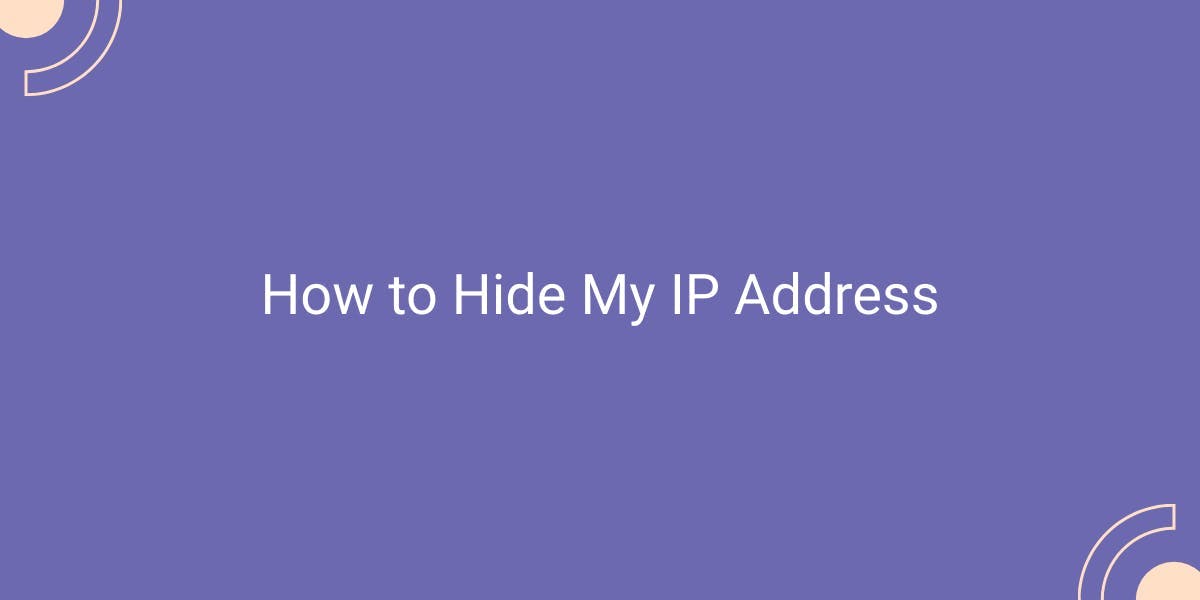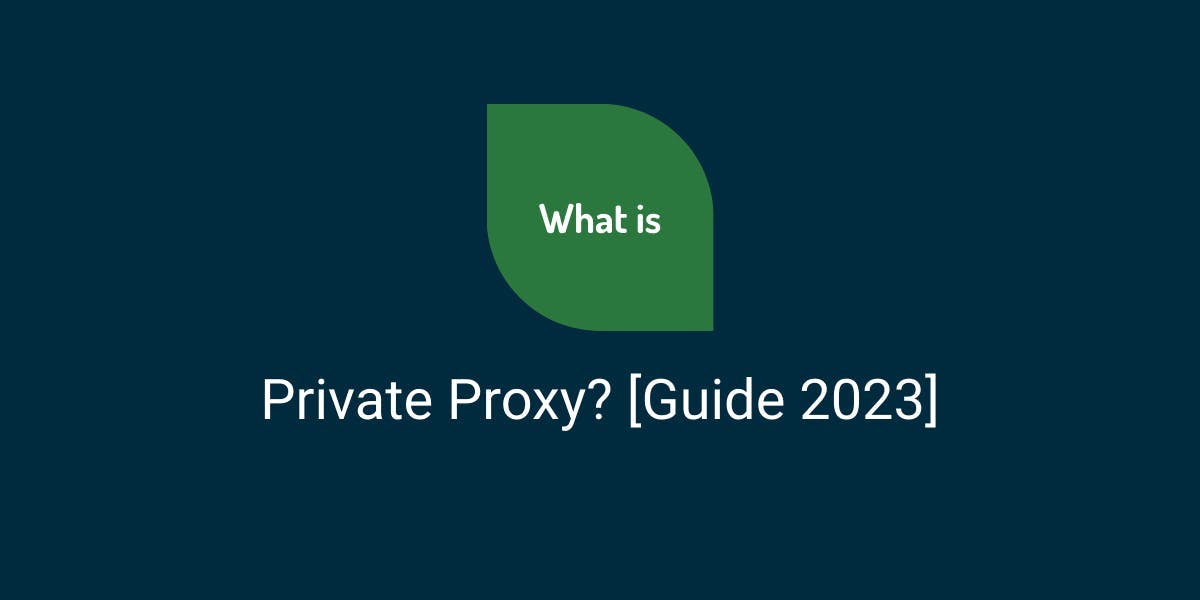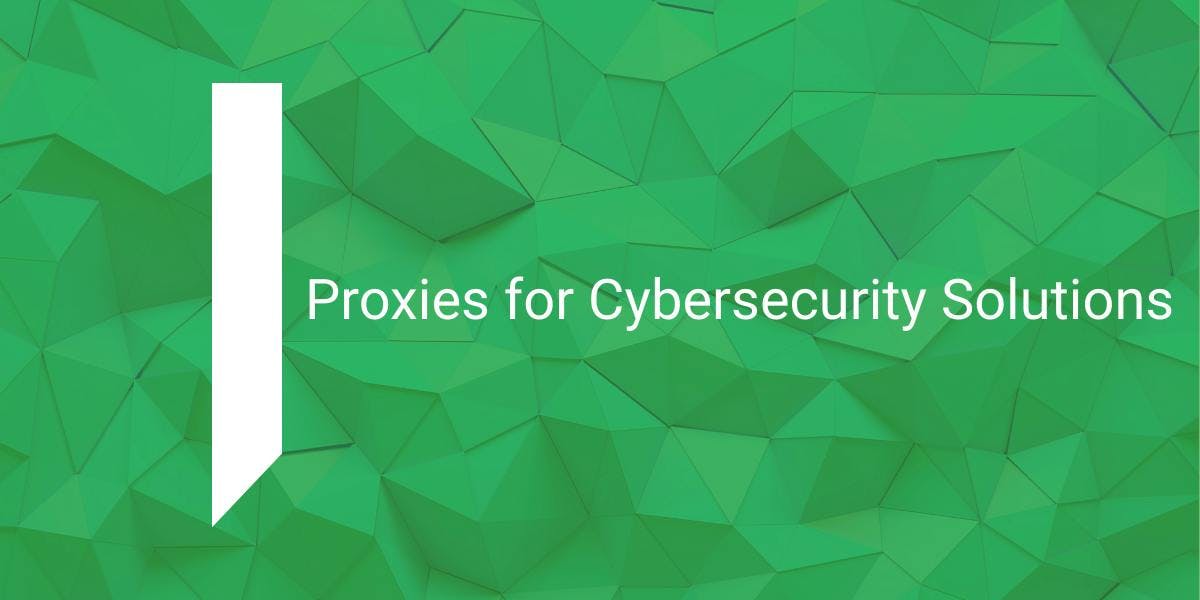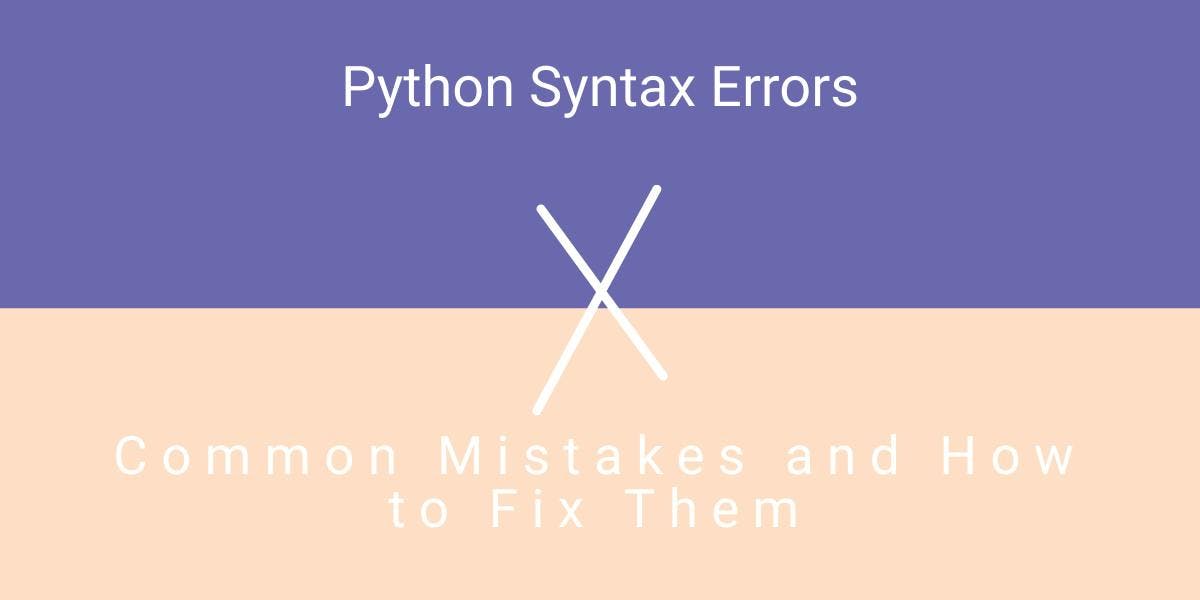How to Hide My IP Address
Flipnode on Mar 24 2023

All devices that are connected to an internet connection have their IP address. As you can understand, there are billions of IP addresses worldwide.
IP addresses are visible to everyone on the internet. According to the IP address, other internet users can track your location, which provider you use to connect to the internet, and much more.
In this article, we will explain in detail what an IP address is and reveal simple methods on how you can hide your IP address.
What is an IP address?
To access the internet, every device is assigned an IP address by their Internet Service Provider (ISP). An IP address is similar to a personal ID card, classifying each device and facilitating effective communication with other online resources. There are two types of IP addresses: IPv4 and IPv6. If you want to discover more, take a look at our blog post about IPv4 vs IPv6
Just like physical addresses, IP addresses are crucial for identifying where online data should be delivered. Without one, access to the internet would be impossible. However, the information that an IP address reveals about you is concerning.
Your IP address discloses information related to its origin and geolocation, such as:
- The Internet Service Provider (ISP)
- The hostname of the IP
- Country, region/state, city, latitude and longitude, and area code
- Any recognized services running on the IP address
- While this may appear reasonable, there is a catch to consider.
5 ways to hide your IP address
If you're concerned about your online privacy, there are several ways to hide your IP address. However, the method you choose depends on your goals and why you need to conceal your IP address. Here are five ways to hide your IP address:
Use a proxy server
A proxy server acts as an intermediary between your device and the internet. By using a proxy, your internet requests flow through the proxy server before connecting to online resources. This provides enhanced anonymity, as your real IP address is not exposed. Additionally, proxies can give you access to geo-blocked content.
Use a VPN
A Virtual Private Network (VPN) is a common way to hide your IP address. A VPN creates a secure tunnel where your data is encrypted, making it difficult for websites to access your real browsing data. Instead, websites only see the VPN server's IP address. This is an effective way to access region-restricted sites and protect your browsing activity.
Use TOR
TOR is open-source software that allows for anonymous communication. When you use TOR, your traffic is directed through multiple servers before reaching the targeted website. This is a free way to hide your IP address, but it can slow down your internet connection.
Use your mobile network
Your IP address can change every time you turn on your mobile data, making your traffic less traceable. However, this option can slow down your connection speeds and use up your data plan. It's best used in specific situations, such as when your IP address is being attacked.
Connect to public Wi-Fi
Connecting to an open Wi-Fi network is a simple way to hide your IP address. However, it comes with many risks, such as unchecked connections and security risks for your device. This option should only be used in exceptional situations, such as when you need to protect yourself from hackers.
Reasons to hide your IP address
We will discuss the most common reasons why you might want to hide your IP address. As you browse the internet, it becomes easier for others to identify your name, surname, and even your physical address associated with your IP address. Hiding your IP address can help you feel more secure while online. Here are some reasons why you should consider hiding your IP address:
Protect your location
Although your IP address doesn't usually reveal your full address, website administrators can sometimes get a general idea of your location. To stay completely anonymous, hiding your IP address can be the best solution.
Bypass network restrictions
Certain networks may restrict your access to specific content. Using a different IP address can help you get past these limitations and make your internet activity more straightforward.
Avoid IP bans
When web scraping, websites may block your IP address due to suspicious activity. In this case, hiding or rotating your IP address becomes necessary to continue web scraping.
Block targeted attacks
By hiding your IP address, hackers won't be able to trace your real IP and locate you. This makes it harder for them to cause damage.
Protect your online behavior
Your IP address leaves a trail of your online behavior that ISPs and others can access. In a recent experiment conducted by the Canadian Privacy Commissioner's Office (OPC), detailed information about a user's online habits was discovered using just their IP address. By hiding your IP address, you can protect your online privacy and browsing behavior.
Would a business hide their IP address?
Should businesses conceal their IP address? This is the question we posed at the beginning of the article.
The answer isn't straightforward. In the cybersecurity realm, companies must hide their IP addresses to maintain anonymity when taking protective measures, such as anti-phishing. However, in the e-commerce industry, companies must be visible to conduct business online. Their websites are frequently the primary source of revenue, and they are connected to an IP address.
Furthermore, a public IP address is required for effective email communication with consumers. This IP address directs email to the business's domain address. You may assume that businesses would never choose to conceal their IP addresses at this point. However, they do. Companies hide their web servers' IP addresses, and one method is to use a reverse proxy. A reverse proxy receives requests from internet users, sends them to a web server that can satisfy them, and returns the server's response to the user. This means that the real web server's IP address is never revealed.
Wrapping it up
After learning about the potential risks of revealing your IP address and ways to prevent websites from tracking it, you may consider using proxies or VPNs for increased safety and access to geo-blocked content. The method you choose should depend on your individual needs.
As for businesses, they often opt to use reverse proxies to hide their public IP addresses, thus safeguarding their infrastructure and operations.



